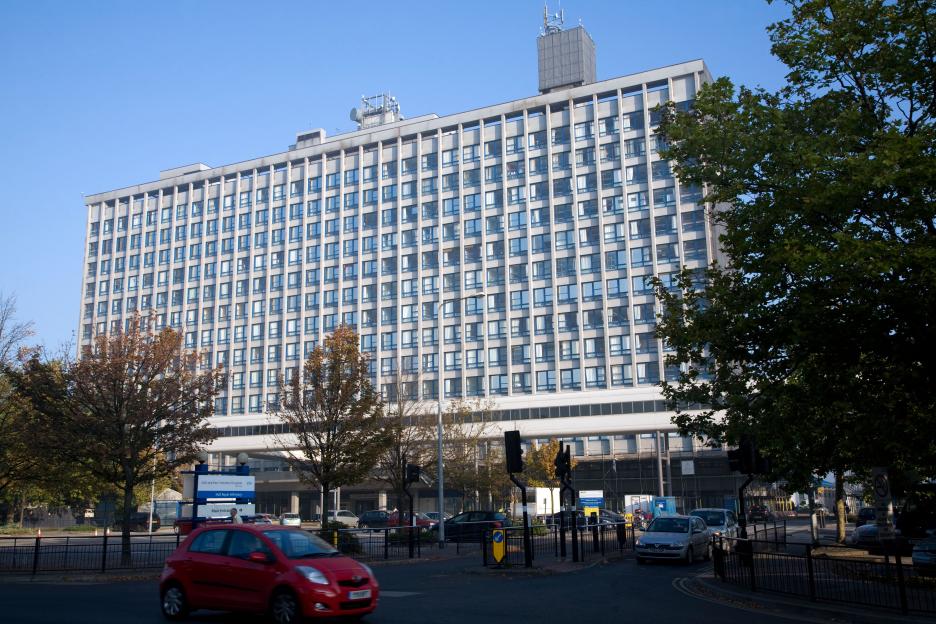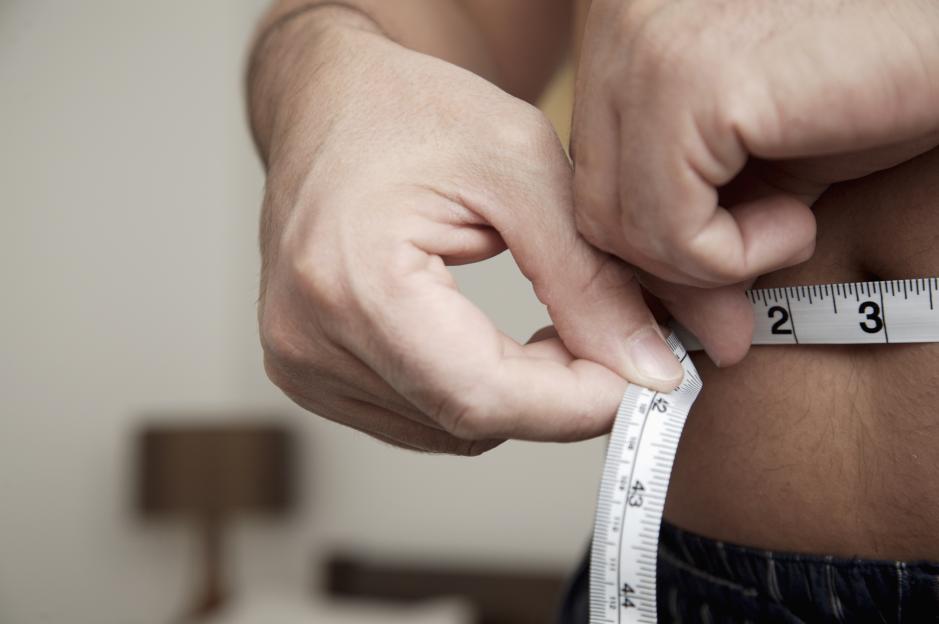THOUSANDS of Brits could have been misdiagnosed with diabetes after a disastrous machine error.
Around 55,000 patients will now need fresh tests to check if they really have , NHS health chiefs admitted.
 Brits could have been misdiagnosed with diabetes
Brits could have been misdiagnosed with diabetes
The machines, made by Trinity Biotech and used in 16 hospital trusts, measure sugar levels in the blood over time to spot the illness.
The problems mean some patients were wrongly diagnosed with type 2 diabetes and prescribed medication they did not need, which can cause side effects.
In, September 2024, after a machine at Luton and Dunstable Hospital issued incorrect diabetes results.
NHS England now claim type 2 diabetes diagnoses rose by 10,000 in 2024, 4 per cent more than expected.
Mum Vicky Davies, 36, was told she had type 2 diabetes in October 2024 and put on the highest dose of medication.
By April this year, she was told she was no longer diabetic, but instead of celebrating, she discovered her original diagnosis may have been a wrong.
But it later emerged that her initial diagnosis may have been inaccurate.
She was told to immediately stop taking the , which had caused stomach problems and dizziness.
“It’s had a huge effect on my life,” she told BBC News.
“Since the diagnosis I have suffered with stress and had to take time off work to attend appointments.
“I’ve complained to my GP, but I didn’t really get an apology. I’m just so angry.”
According to Diabetes UK, more than 5.8 million people in Britain have diabetes, 90 per cent of whom have type 2 diabetes.
People with type 2 diabetes cannot produce effective or enough insulin.
Some can reverse the condition through lifestyle changes such as .
Those with type 1 diabetes cannot produce any insulin, and the condition cannot be reversed.
In July, the Medicines and Healthcare products Regulatory Agency (MHRA) warned of problems with the machines, and that some patients had been inaccurately told they were diabetic or pre-diabetic.
NHS England said those affected would be contacted about a new test by their GP or local hospital.
It said less than 10 per cent of its diabetes laboratories were affected by the inaccuracies, and that all had rectified the problems.
Dr Clare Hambling, its diabetes national clinical director, said: “Being potentially misdiagnosed with any long-term condition, such as type 2 diabetes, is understandably worrying. However, the clinical risk of harm to patients following this issue is low.”
A spokesman for Trinity Biotech said: “The company has worked closely with the MHRA to resolve the issues experienced by some UK labs using the system.”
The company issued instructions on how to “ensure optimum operation of the system, with an emphasis on the importance of operating the system per the manufacturer’s instructions”.
Have I been affected?
Potentially faulty diabetes tests were carried out at 16 NHS trusts, but health chiefs have not yet released the full list.
A number of trusts have admitted they were affected and are contacting patients. These include:
- Luton & Dunstable Hospital (Bedfordshire Hospitals NHS Foundation Trust)
- County Durham and Darlington NHS Foundation Trust
- BHR Hospitals NHS Trust (Barking, Havering and Redbridge, east London)
- GP surgeries in Hull, Scarborough and York (via Scarborough, Hull and York Pathology Service)
The problem mainly affects people given a new type 2 diabetes diagnosis between mid-2024 and early 2025. Around 55,000 patients are being asked to retake the blood test.
If you are affected, your GP or hospital will contact you. If you have just been diagnosed, it is best to speak to your GP for advice.







